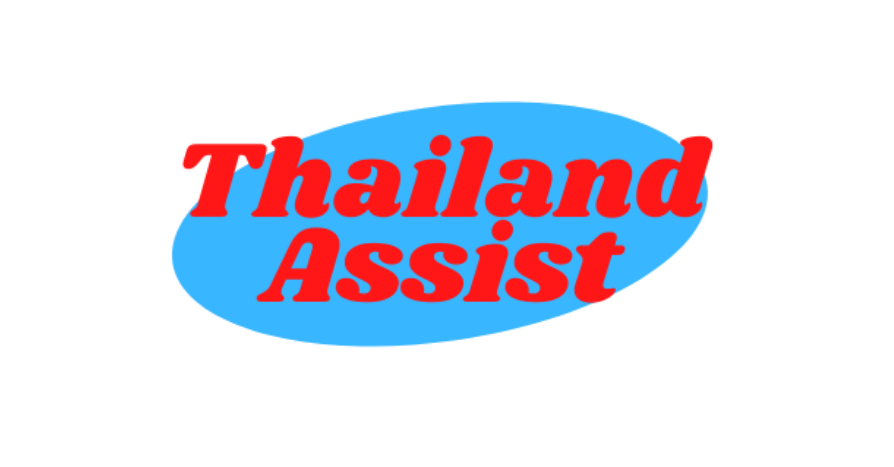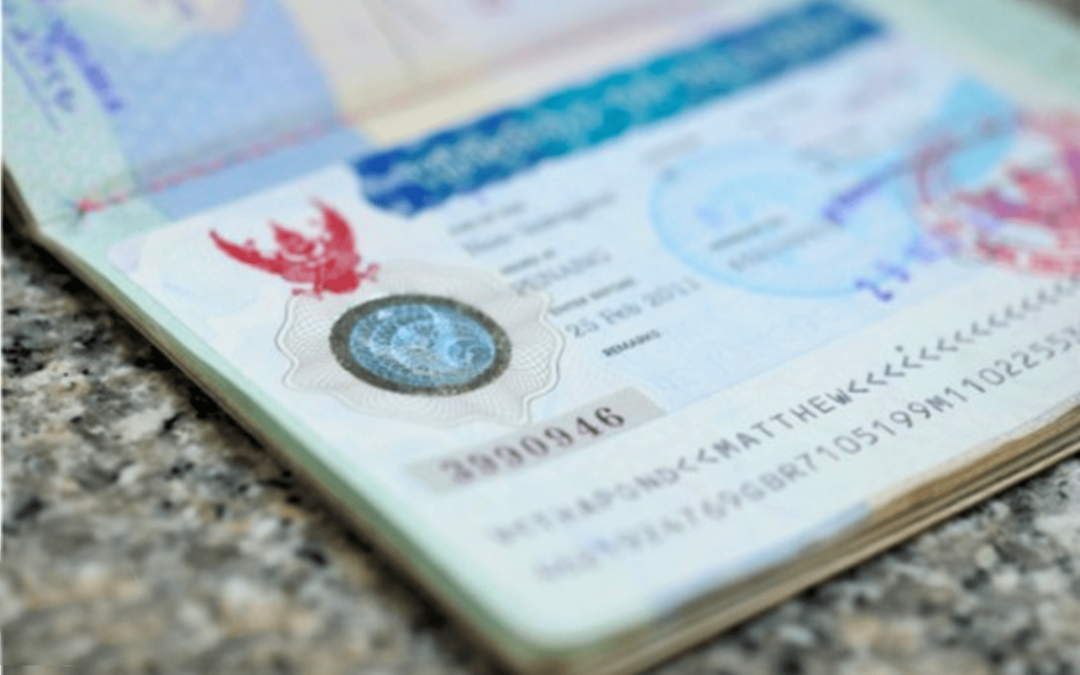How to Ensure You Comply with Thai Visa Laws and Maintain Your Visa Status
Thailand’s beautiful landscapes, friendly locals, and vibrant culture attract expats and travelers worldwide. However, staying in the country legally requires careful attention to Thai visa laws. Navigating the visa system might seem daunting, but by following these steps—and seeking expert advice from professionals like P & M Thai Law Consulting Office—you can ensure compliance and maintain your visa status.
Understanding Thai Visa Types and Requirements
The first step in maintaining your visa is understanding which visa suits your purpose in Thailand. Common options include tourist visas, education visas, retirement visas, and work visas. Each comes with specific requirements, such as proof of funds, valid insurance, or a letter of employment.
For example, a tourist visa might require a return ticket and evidence of sufficient funds, while a Non-Immigrant B visa (work visa) necessitates a job offer from a Thai employer. Ensure you meet all requirements before applying to avoid unnecessary delays or complications.
Once your visa is granted, familiarize yourself with its terms. Know its validity period, the number of entries allowed, and whether extensions are possible. Keep copies of all your documents and the original visa approval handy for any interactions with immigration officials.
For personalized guidance on which visa suits your needs, P & M Thai Law Consulting Office can provide tailored advice and ensure your application is prepared correctly.
Reporting and Extensions
Thai law mandates that all visa holders report their location to immigration every 90 days. This is known as the 90-day report. If you leave and re-enter the country, the reporting period resets. Missing this step could lead to fines or complications in future applications.
For longer stays, consider applying for a visa extension at a local immigration office. For instance, tourist visas can often be extended for an additional 30 days. Be prepared with documents like your passport, visa extension form, recent photos, and application fees.
If you’re on a work visa, your employer typically facilitates renewal. Ensure your work permit aligns with your visa and is renewed promptly. Any job changes must be reported to immigration, and new permits or visas may be required.
If you find the reporting or extension process confusing, P & M Thai Law Consulting Office specializes in helping expats manage these legal responsibilities efficiently.
Avoiding Overstays and Penalties
Overstaying your visa is a serious offense in Thailand. Penalties include fines (500 THB per day, up to 20,000 THB) or even detention and deportation for severe violations. Always check your visa’s expiration date and plan accordingly. If unforeseen circumstances arise, contact the immigration office immediately to discuss options.
To ensure you avoid overstays or misunderstandings, P & M Thai Law Consulting Office offers professional support, helping you navigate tricky situations and remain compliant.
Legal Advice and Assistance
If you’re unsure about the requirements or face legal complications, seeking advice from a qualified immigration lawyer or visa agent is highly recommended. P & M Thai Law Consulting Office can guide you through every step of the legal process, from initial applications to extensions and appeals.
Final Thoughts
Maintaining your visa status in Thailand requires attention to detail and timely action. By understanding your visa type, complying with reporting requirements, and renewing your visa when necessary, you can enjoy your time in the Land of Smiles without legal concerns. For additional peace of mind, let P & M Thai Law Consulting Office handle the complexities, so you can focus on embracing the incredible experiences Thailand has to offer.

